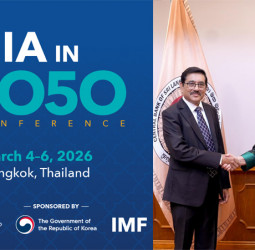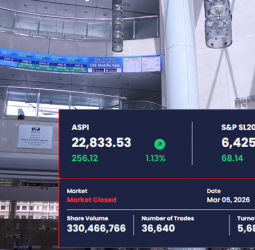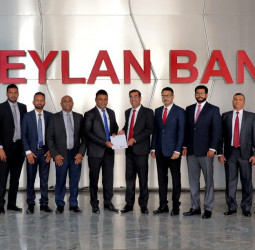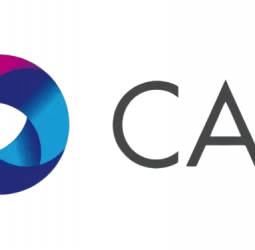As the world continues to grapple with economic challenges, geopolitical tension, and war, the IMF urged the Arab region to plant the seeds of growth and cooperation, of peace and prosperity in the soil of fiscal space.IMF Managing Director Kristalina Georgieva told the region that it must step up efforts and be resilient to be able to withstand shocks and keep bearing fruit.Pointing three areas of focus, the IMF chief said the first area that needs more focus is in mobilising revenue, for which countries can expand tax capacity with stronger institutions, better-designed frameworks, and more robust revenue collection.“Tax policy design is key. Multiple countries have improved VAT systems. Some, like Morocco, have expanded personal income taxes—which are underutilized in the region—and made them more progressive. And 11 Arab countries have already joined the global minimum corporate tax agreement,” Georgieva told the Eighth Annual Arab Fiscal Forum in Dubai, UAE yesterday.
While diversifying away from hydrocarbon revenues is key for oil exporters, non-commodity exporters can reduce exemptions and limit preferential rates, as Tunisia has done, she said.“And since up to 50 percent of the region’s tax revenue comes from customs and other indirect taxes, Jordan and Saudi Arabia have been promoting electronic invoicing. Strengthening compliance can pay off big!”The second area which will pave the way for growth in the region is in the area of energy, by elininating regressive subsidies.A paper by the Fund revealed that phasing out explicit energy subsidies could save US $336 billion in the region—equivalent to Iraq’s and Libya’s economies combined—including in oil exporting countries. In addition to savings, it discourages pollution, and helps improve social spending—a triple dividend.Egypt, Jordan, and Morocco have succeeded with comprehensive subsidy reform plans featuring robust public communications, appropriate phasing of price increases, and targeted cash support for the most vulnerable.
The third way to nourish the fiscal tree is to improve the performance of state-owned enterprises. “We have a saying at the IMF—it’s not only what you owe, it’s what you own. And Arab-world SOEs own a lot, with assets exceeding 50 percent, and even 100 percent of GDP in some countries.“Oman is addressing this problem head-on, instituting more robust governance, better accountability, and stronger financial management of SOEs—and they are planning some divestments. The result? SOE debt dropped from 41 percent of GDP in 2021 to 30 percent in 2022,” she told the forum.
Georgieva expressed confidence that as new revenue and more efficient spending will help the fiscal tree grow, it will bear more fruit. “It will give you the fiscal space needed to maintain debt sustainability and build resilience against shocks in the short-term.“Longer-term, it will help you to implement the new social contract we came together around in Marrakech—to accelerate the transformation of your economies for a future that is more inclusive and green, and more digital,” she said.The IMF head urged the region to think of investments to prepare for AI, such as upskilling workers and improving internet access in low-income countries, or take steps like developing a national strategy and clear regulations for AI, which landed the Emirates in the top tier of the IMF’s AI Preparedness Index.All aspects of this work will benefit from collaboration and solidarity within the region. Continued strong support from Gulf Cooperation Council countries is critical.
The IMF has made available roughly US$ 64 billion in liquidity and reserves to the MENA region since the pandemic began, including US$ 8 billion in the last year. Of that, US$ 1.6 billion is from IMF’s newest instrument—the Resilience and Sustainability Trust—to help Morocco and Mauritania transition to greener economies.With the World Bank, the Fund provided US$ 4.5 billion in debt relief for Somalia—the culmination of years of rebuilding.IMF also ramped up capacity development throughout the region and our new office in Riyadh is strengthening our presence and partnerships with Arab institutions.“In short, we’re here for the long haul—to help you grow a fiscal tree that is strong enough to survive the worst winds and most devastating droughts,” she said.
( Source : Daily Mirror)
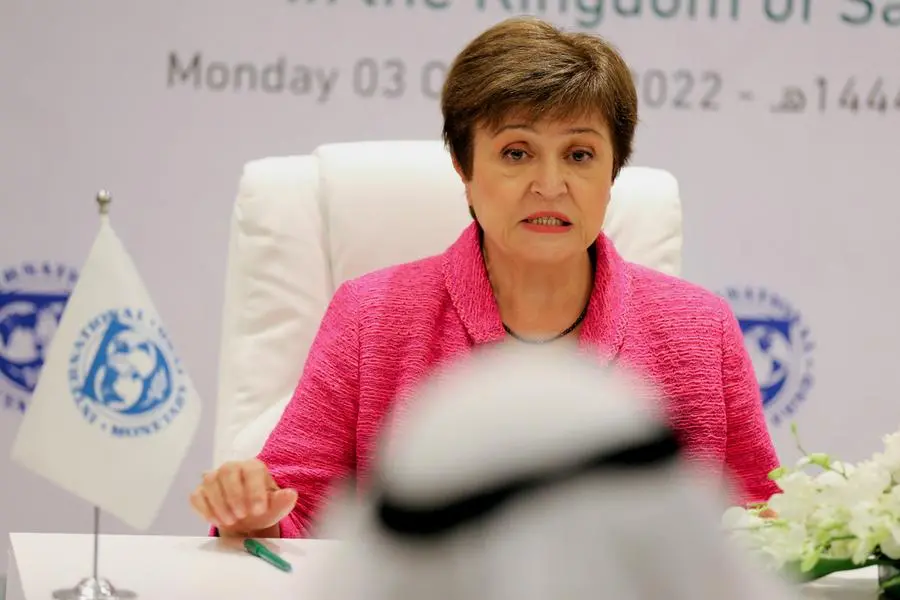


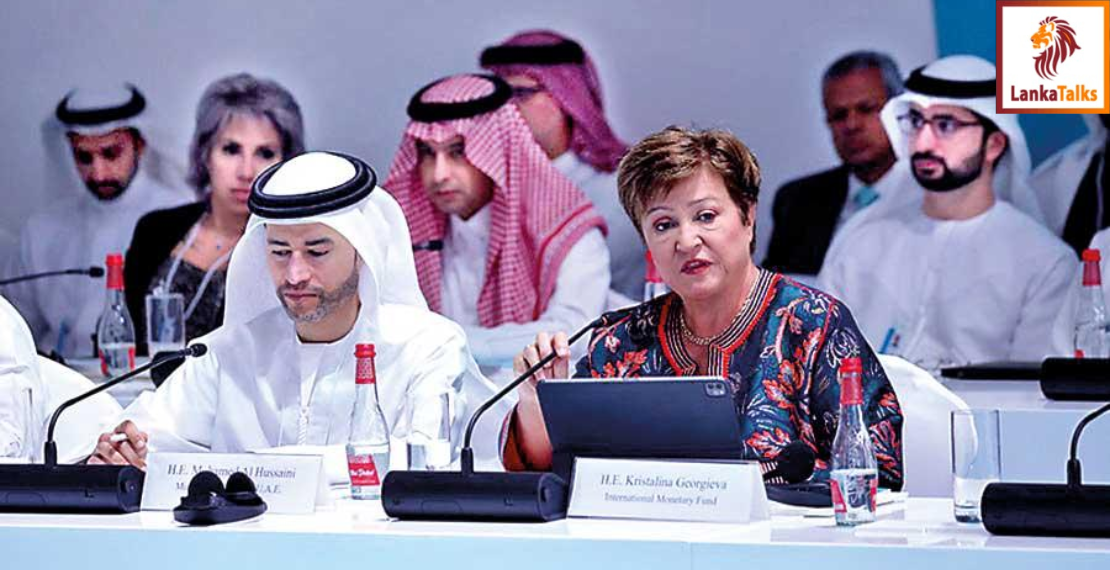
 Abishek
Abishek